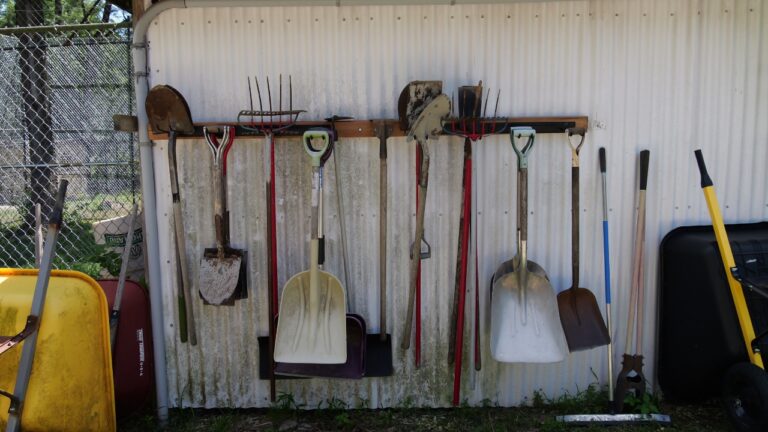You wanted quiet life—but the location you chose has this silent problem
When people dream of a quieter life, they usually picture wide open spaces, slower days, and fewer people around. But what many don’t realize until after they’ve moved is that silence isn’t always peaceful—it can also reveal problems you’d never notice in town.
The biggest one? Isolation that sneaks up on you. It doesn’t announce itself overnight; it shows up in the empty stretches between neighbors, the weak cell signal, and the long drive for basic needs.
The silence isn’t the problem—it’s what it hides
When you first move somewhere rural, the quiet can feel perfect. You can hear the wind in the trees, maybe a few cows in the distance. But once the newness wears off, that same quiet can start to feel heavy. When something breaks—a pipe, a fence, or your truck—you realize help isn’t around the corner. The nearest hardware store or vet might be 40 minutes away.
It’s not that you can’t handle things yourself; it’s that every small issue takes longer to solve. And in a truly quiet place, even simple problems become big when you’re the only one dealing with them.
Convenience fades fast when you’re far from town

Most people don’t think about distance until they’re making that third trip in a week for feed, parts, or groceries. Gas, time, and wear on your vehicle all add up. If your road washes out after rain or freezes over in winter, you might not be able to go anywhere for days.
What feels like peace in summer can turn into frustration come winter, when you realize that “quiet life” means planning ahead for every errand. If you’re not used to doing that, the silence feels a lot less relaxing and a lot more limiting.
Cell service and internet make a bigger difference than you’d think
Weak cell signal sounds like a small inconvenience—until you need it. Dropped calls, slow GPS, and unreliable weather alerts can turn into real problems, especially in bad storms or emergencies. It’s not just about entertainment or convenience; it’s about safety and communication.
If you work from home or have kids doing online schooling, it becomes a dealbreaker. Many rural areas have internet options that are expensive, capped, or inconsistent. Before long, you’re driving into town for Wi-Fi or standing by a window hoping a text goes through.
Isolation changes how you experience “quiet”

Silence can start to feel different when there’s no one else around. You’ll hear every noise at night—every creak of the house, every animal outside. The peace you were looking for can easily start to feel eerie, especially if you’re used to the background hum of neighbors or city life.
For families, it can feel even more isolating. Kids might miss having nearby friends, and spontaneous visits from neighbors happen less often when everyone lives half a mile apart. You have to work harder to stay connected, and that can wear on you more than you expect.
You can prepare for quiet—but not replace connection
If you’re drawn to the peace of rural life, it’s worth it—but it takes more intention than people realize. The key is knowing that quiet doesn’t mean easy. Before you buy land or move farther out, talk to locals about how they handle power outages, internet access, and road conditions. Spend time there at night and after storms.
The silence you wanted can still be beautiful, but only if it comes with stability and connection. Otherwise, you might find out the quiet isn’t the comfort you imagined—it’s the sound of being a little too far from everything you depend on.
Like Fix It Homestead’s content? Be sure to follow us.
- I made Joanna Gaines’s Friendsgiving casserole and here is what I would keep
- Pump Shotguns That Jam the Moment You Actually Need Them
- The First 5 Things Guests Notice About Your Living Room at Christmas
- What Caliber Works Best for Groundhogs, Armadillos, and Other Digging Pests?
- Rifles worth keeping by the back door on any rural property
*This article was developed with AI-powered tools and has been carefully reviewed by our editors.







